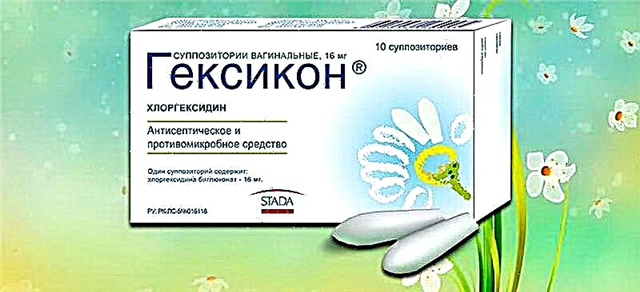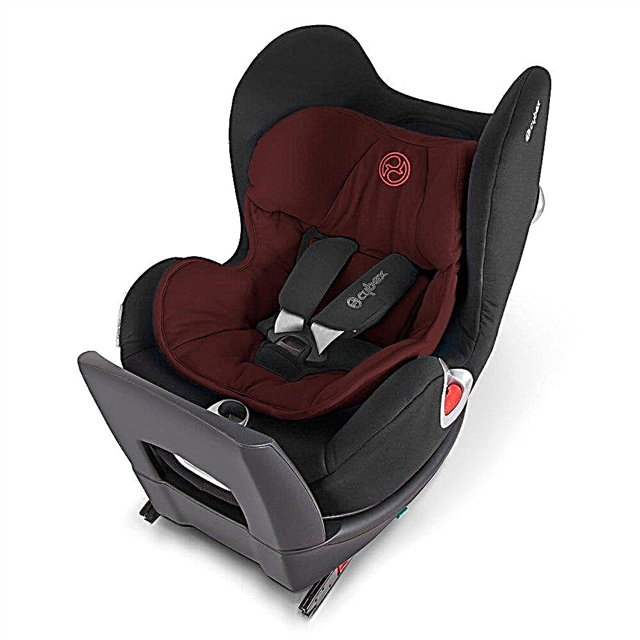Urine in humans is one of the indicators by which health is assessed. Therefore, in the smallest, it attracts increased attention, any changes in the frequency of urination or the color of urine worry the parents. How much should a newborn write, and when does the amount of urine indicate possible health problems?

Baby urinating
Normal urinary frequency
Important! Abundant, clear urine with regular urination is a sign that the child is healthy, well nourished, and has enough fluid in his body.
One of the concerns that worries parents is how often babies usually pee, is the frequency of urination of their baby correct? Moms and dads should be aware that there are no clear standards in this regard. Each baby is its own world. There are those who can urinate fifteen times a day and those who only 7-8.
Experts say that when a baby is breastfeeding, one way to determine if he is getting enough milk is to write down how many times a newborn pees per day. If the baby urinates at least 10 times a day and the urine is clear, it means that he is receiving the correct amount of milk. Even the need to weigh the baby before and after feedings is eliminated.
In other words, wet diapers are a good indicator (in addition to complexion, satisfied appearance after breastfeeding, normal feces and infant weight) for assessing the newborn's adequate nutrition.
Important! If the color of the urine is light yellow, it means that the child is drinking enough. An overly concentrated urine indicates insufficient hydration.
From birth to six months
For the first time, a child urinates in the hospital during the first 12-24 hours after birth. Features of urination in children during the first months of life:
- During the first few days, the baby, feeding on breast milk, pees little, 3-5 times a day. This is due to the fact that the colostrum contained at the beginning of lactation in the female breast is very fatty and thick, and the urinary system of the baby is still in the process of adaptation. Babies who receive artificial milk formula from the first hours may urinate more often;
- In the first few days, the newborn's urine is very concentrated and may even contain uric acid crystals, which cause a pink, red or orange color in the secreted fluid;

Orange urine of a newborn
- On about the fifth or sixth day, when the baby begins to receive more milk, the urine becomes pale yellow or almost colorless, it is practically odorless;
- A newborn's bladder is very small; it can hold no more than a tablespoon of urine. That is why the baby should empty it more often. Some monthly newborns urinate up to 30 times a day, but the average rates are as follows: boys - 20 times a day, girls - 22-25 times.
Important! At night, when the baby is asleep, there is no need to change his diaper; it is enough to do this before and after feeding, every 2-3 hours.

Baby diaper change
From six months to a year
Many mothers begin the introduction of complementary foods to infants from 6 months of age. The baby's urinary system continues to develop, the capacity of the bladder increases. At this time, the color of urine may change, depending on the type of food eaten, the amount of urination decreases. Some babies almost stop peeing at night, or there is a dramatic decrease in urination at night.

Baby urine
Determining how many times a day a child should write at this time becomes more difficult, as he begins to receive more varied food, and physical activity increases. The baby's emotional state is also very important. With nervous stress, for example, weaning a baby from the breast, urination may become more frequent. The average rate of urine excretion is 15-16 times daily. In the second year of life, the frequency of urination continues to decrease and reaches 10-12 times a day.
Normal urine volume
The disposable baby diaper absorbs moisture well, so it is not always easy to determine how much urine is excreted when urinating. To test how much a child can write at one time, pour two tablespoons of water into a clean, dry diaper. Something like this will look like a diaper after normal urine flow by the baby.
On average, an infant under the age of 6 months releases 20-35 ml of urine at a time, its total daily amount is 0.3-0.5 liters. A one-year-old baby can already write up to 45 ml, the intervals between urination increase, and more urine accumulates. However, the daily volume of urine increases slightly - up to 0.6 liters.
After a year, the changes are more significant. A one-time excreted volume of urine in a child at two years old can reach up to 90 ml, and daily - up to 0.8 liters.
Causes of violation of the frequency of urination
The kidneys of newborns are just beginning to adapt to the excretion of urine. They still cannot eliminate toxins using the minimum amount of water. Liquid food for babies allows the kidneys to work in a sparing mode, toxins dissolve in a large amount of water, only lingering in the kidneys for a short time. That is why urination occurs almost immediately after taking breast milk or formula, and urine is almost transparent in color. This reduces the risk of accumulation of toxins in the kidneys.
How many times a day a newborn child should write is determined, in addition to physiology, by external reasons. For example, if the number of micturitions decreases, this may be due to the following factors:
- High ambient temperature. The baby is probably sweating a lot, and part of the fluid is excreted from the body through the sweat glands, respectively, he will write less;
- The baby is not getting enough fluid. Children who are bottle-fed and mixed-feeding should be given water to drink;

Urine color when dehydrated
Important! If the baby is breastfed and urinates little and rarely, it should be applied to the breast more often for a short time. At the beginning of feeding, milk is the most watery, it supplies the baby's body with fluid.
- With various pathological conditions associated with vomiting, fever and diarrhea, dehydration of the child's body occurs. In these cases, frequent drinking in small portions (1 teaspoon each) helps to avoid moisture loss.
The child may rarely urinate and in the presence of diseases:
- renal pathologies;
- internal obstruction of the ureters;
- pinched urethra;
- back injuries.
When a child urinates too often, it may be due to:
- renal failure;
- cystitis;
- pathologies of the bladder;
- urethritis;
- pyelonephritis;
- diabetes mellitus;
- nervous stress.
Important! If external factors, due to which violations of the frequency of urination are possible, are excluded, then it is imperative to consult a doctor who will establish an accurate diagnosis.
Alarming symptoms
Urinary disorders indicate both dehydration and various diseases. In addition to reducing the frequency and quantity of urine, discoloration is a sign of dehydration. Baby urine darkens, and contact with baby's skin causes irritation.
Possible disease symptoms:
- Urinary tract infections are accompanied by fever, the baby refuses to urinate and cries. The urine may turn reddish;
Important! The risk of contracting infectious diseases of the urinary system for children in the first three years of life is quite high. About 4% of children suffer from such diseases, most of which the body becomes infected from bacteria that enter from the outside, from the urethra.

Symptoms of pyelonephritis in newborns
- With congenital metabolic disorders, after a few days or months after birth, the baby loses activity, becomes drowsy, inactive, he may vomit, convulsions. Urine and body smells like maple syrup or musty;
- Symptoms of congenital diabetes mellitus are greed, manifested by sucking, frequent urination, and wet diapers, when dry, become stiff.
Other indications for visiting a doctor:
- pink, red, or brownish urine after the 4th day of the baby's life;
- the baby urinates less than 6 times a day;
- discharge of a small amount of dark yellow urine during urination.
The latter symptoms may indicate a lack of milk during breastfeeding. In this case, the doctor should examine the child and discuss feeding methods with the mother.
If the amount of urine is less than 0.5 ml per 1000 grams of baby's weight in 1 hour, this is called oliguria. When its daily amount is less than 100 ml - anuria.
Important! It is urgent to show the baby to a specialist in the absence of urination for 2 days and an empty bladder, which, when filled, is well palpable in the suprapubic region.
Anxiety symptoms associated with diseases are not often observed in infants. However, when they appear, a visit to the doctor is necessary.



